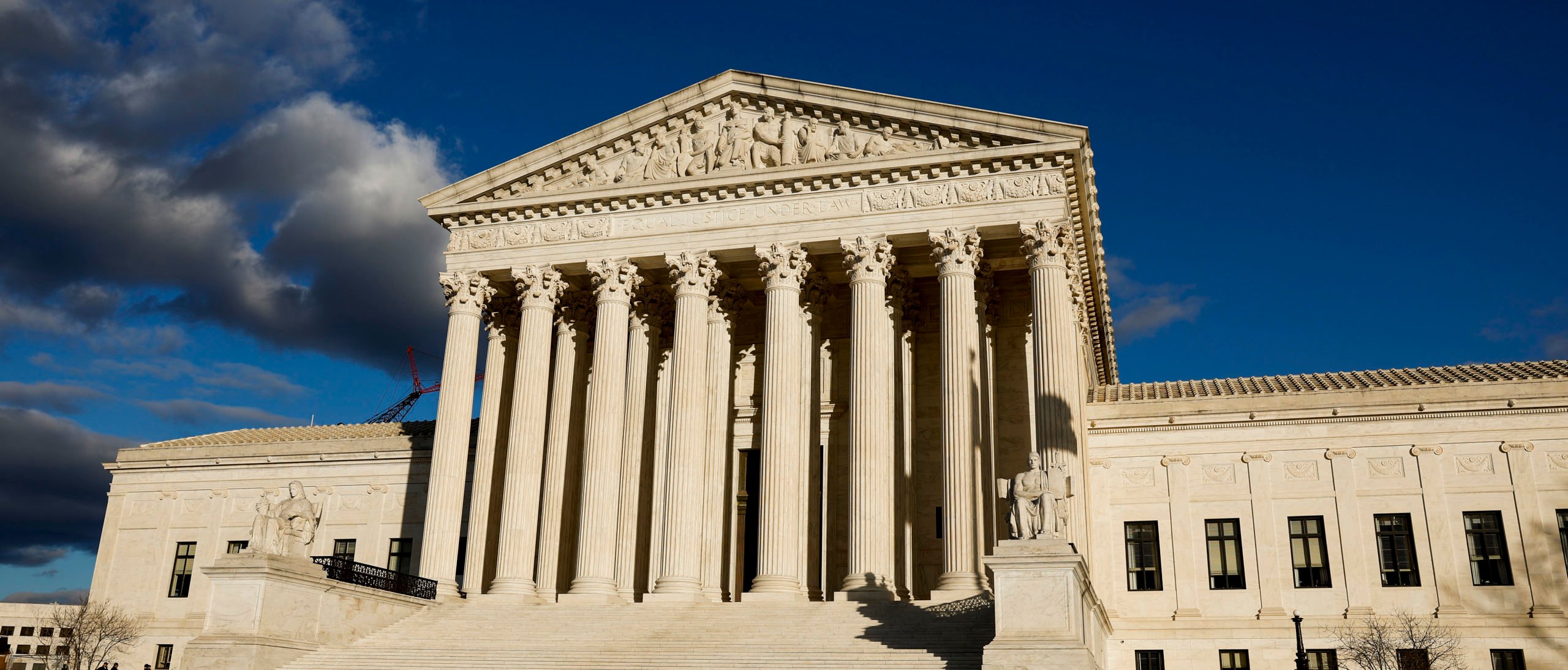- A Catholic nonprofit filed an amicus brief Monday with the Supreme Court arguing in favor of religious accommodations in the workplace.
- Gerald Groff filed a lawsuit against the United States Postal Service in 2021 after resigning in 2019, citing his religious beliefs as the reason for leaving the post office after USPS would not grant him a religious accommodation to prevent him from working on Sundays so he could observe the Sabbath.
- “We filed our brief on behalf of Catholics nationwide to emphasize that many employers are completely ignoring their obligation to accommodate the religious convictions of their employees under federal civil rights laws,” CatholicVote President Brian Burch told the Daily Caller News Foundation.
A Catholic organization filed an amicus brief with the Supreme Court Monday in support of a postal worker who is suing the U.S. Postal Service (USPS) for allegedly refusing to accommodate his religious observance of the Sabbath, according to court documents.
Gerald Groff, a Christian and former postal worker, filed a petition to the Supreme Court in December 2022 asking the justices to rule that USPS should have granted him a religious accommodation allowing him to observe the Sabbath on Sundays, according to a brief. CatholicVote (CV), a nonprofit advocacy organization, filed a 38-page amicus brief Monday in support of Groff, arguing that the court should reconsider previous rulings by the lower courts that determined providing a religious exemption for the Sabbath would create an “undue hardship.” (RELATED: Governor ‘Troubled’ By Oklahoma Attorney General’s Opinion On Religious Charter Schools)
“In keeping with its mission, CVEF supports laws that protect the God-given natural right to free exercise of religion to the full extent consistent with civil order,” the amicus brief read. “It believes that Title VII of the Civil Rights Act of 1964 was enacted for this purpose and should be interpreted to further the religious liberty of employees in the workplace.”
Hiram Sasser, executive general counsel for First Liberty Institute, who is representing Groff, told the Daily Caller News Foundation that amicus briefs from organizations like CV were very important to the case’s credibility.
“Well I think it’s really important for the Court to hear from a variety of different opinions and perspectives, there are a lot of people from different faiths and religious perspectives on this issue and I think that’s really important, ” Sasser said. “There’s amicus briefs that are being filed in this case … [but] just looking at the list, I mean, there’s a lot of people who don’t agree on certain things but they agree on this.”
Groff worked for the postal service as a rural mail carrier from 2012 to 2019, noting that he took the job mainly because USPS did not operate on Sundays which would allow him to observe the Sabbath, according to the original Supreme Court brief. In 2013, USPS started delivering Amazon packages on Sundays, prompting Groff to repeatedly ask for accommodation to keep the Sabbath, but USPS ultimately denied his request claiming that it would create an “undue hardship.”

WASHINGTON, DC – JANUARY 20: Police officers stand in front of the U.S. Supreme Court during the 50th annual March for Life rally on January 20, 2023, in Washington, DC. (Photo by Anna Moneymaker/Getty Images)
Groff filed a lawsuit against USPS in 2021, after resigning in 2019, citing his religious beliefs as the reason for leaving the post office, according to the brief, which eventually made it to the Supreme Court late last year.
Brian Burch, president of CatholicVote, told the DCNF that Groff’s case “has not received the attention it deserves.”
“We filed our brief on behalf of Catholics nationwide to emphasize that many employers are completely ignoring their obligation to accommodate the religious convictions of their employees under federal civil rights laws,” Burch said. “The Court must make clear that discrimination against employees on account of their religious beliefs should no longer be tolerated.”
CV also argued that religious Americans view work with a special “dignity” and enforce the idea that work is an “individual blessing and a societal good,” according to the amicus brief. In light of this, CV urged the court to not “deprive” religious citizens of the “dignity of work” by forcing them to choose between observing their faith and keeping their job, as demonstrated in Groff’s situation.
Sasser also refuted the argument that his client’s request would put an “undue burden” on companies like the USPS, pointing out that there was little evidence of that claim.
“When providing a correct standard of protection for religious liberty, there is this argument that’s always been made, ‘oh gosh, there will be a run on all these religious liberty cases,’ it just never materializes,” Sasser said. “Every time this has been comparatively tested the boogeyman never arrives, so I prefer to live in a country … which respects religious liberty, on which we were founded, and treat religious exemptions at the same level that we treat all the other rights that are guaranteed to the American people.”
All content created by the Daily Caller News Foundation, an independent and nonpartisan newswire service, is available without charge to any legitimate news publisher that can provide a large audience. All republished articles must include our logo, our reporter’s byline and their DCNF affiliation. For any questions about our guidelines or partnering with us, please contact licensing@dailycallernewsfoundation.org.


